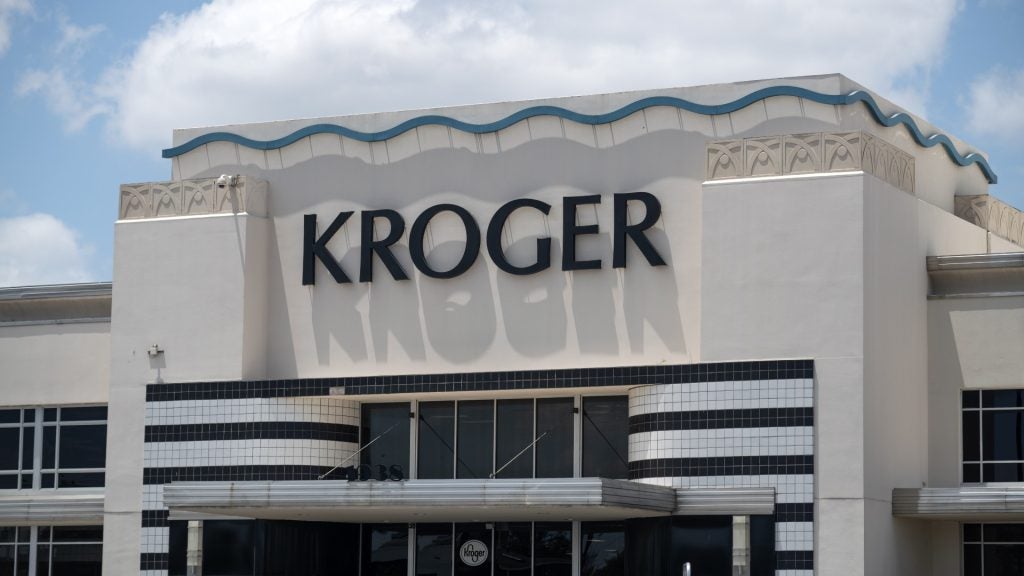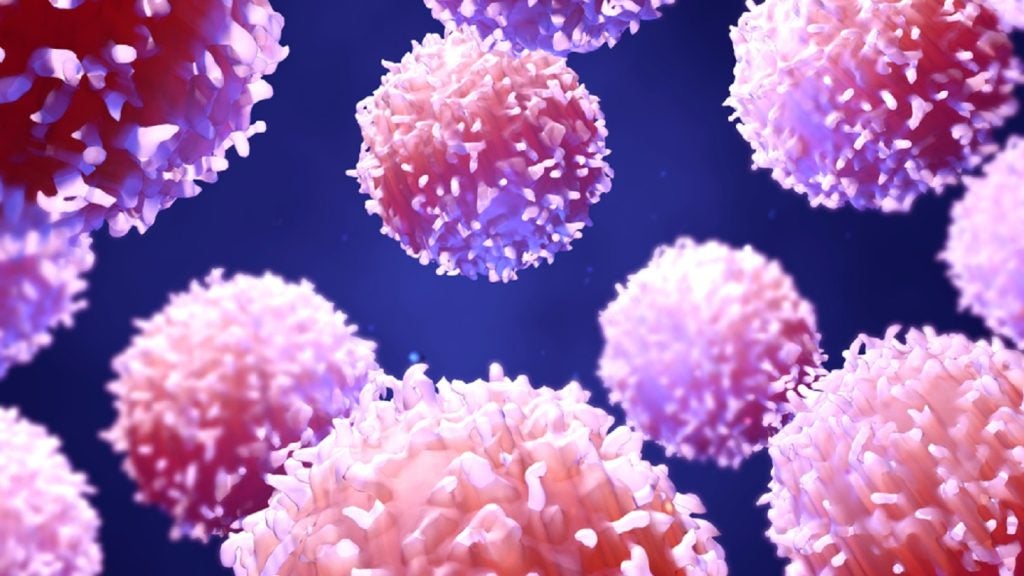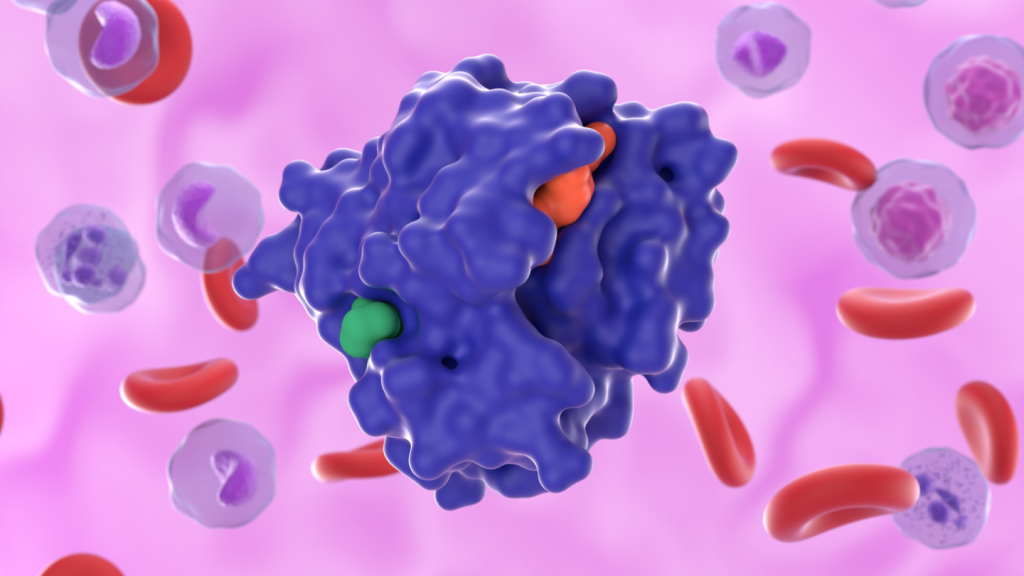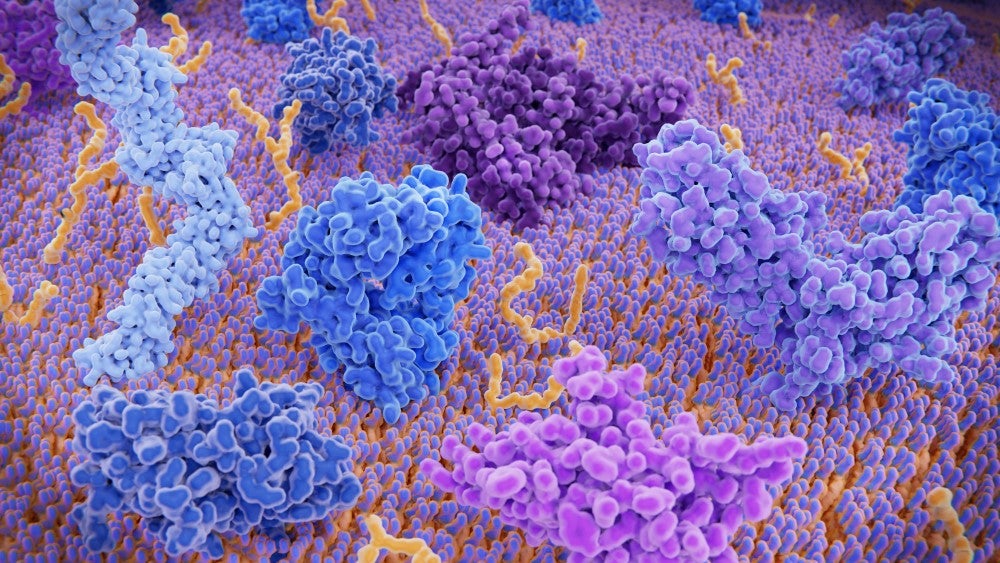Gilead Sciences has unveiled promising early data from the Phase II EVOKE-02 study of Trodelvy (sacituzumab govitecan-hziy) along with Merck (MSD)’s Keytruda for the treatment of metastatic non-small cell lung cancer (NSCLC).
The study is being carried out as part of the two clinical trial collaboration and supply agreements signed with Merck in January 2022.
As per the agreement, MSD will supply its anti-PD-1 therapy Keytruda (pembrolizumab) for this trial.
The global, multi-cohort, open-label, multi-centre study assessed the combined therapy with or without platinum agents regardless of PD-L1 expression in NSCLC patients without actionable genomic alterations.
According to disease status or PD-L1 expression, the subjects were divided into different cohorts.
Cohort A included patients with squamous/non-squamous NSCLC with tumour proportion score (TPS) ≥ 50% while Cohort B enrolled subjects with TPS < 50%.
Both cohorts received the Trodelvy and Keytruda combination.
Objective response rate (ORR) and percentage of participants experiencing dose-limiting toxicities per dose level in the safety run-in cohorts are the primary endpoints of the study.
Other efficacy measures of the study include duration of response (DoR), overall survival (OS), progression-free survival (PFS), and disease control rate (DCR).
Confirmed and unconfirmed ORR of 56% was observed across both the cohorts with a DCR of 82%.
The median DoR was not reached at the time of data cut-off and at six months, it was 88% in both cohorts.
Gilead Oncology therapeutic area head and senior vice-president Bill Grossman said: “The EVOKE-02 trial is the first data presented from several Gilead studies dedicated to exploring Trodelvy’s potential in lung cancer.
“These data are very encouraging and confirms our approach for the ongoing Phase III EVOKE-03 study of Trodelvy in combination with Keytruda versus Keytruda monotherapy for patients in first-line PD-L1-high metastatic NSCLC.
“We look forward to potentially bringing a new treatment option to previously untreated metastatic NSCLC patients.”
















